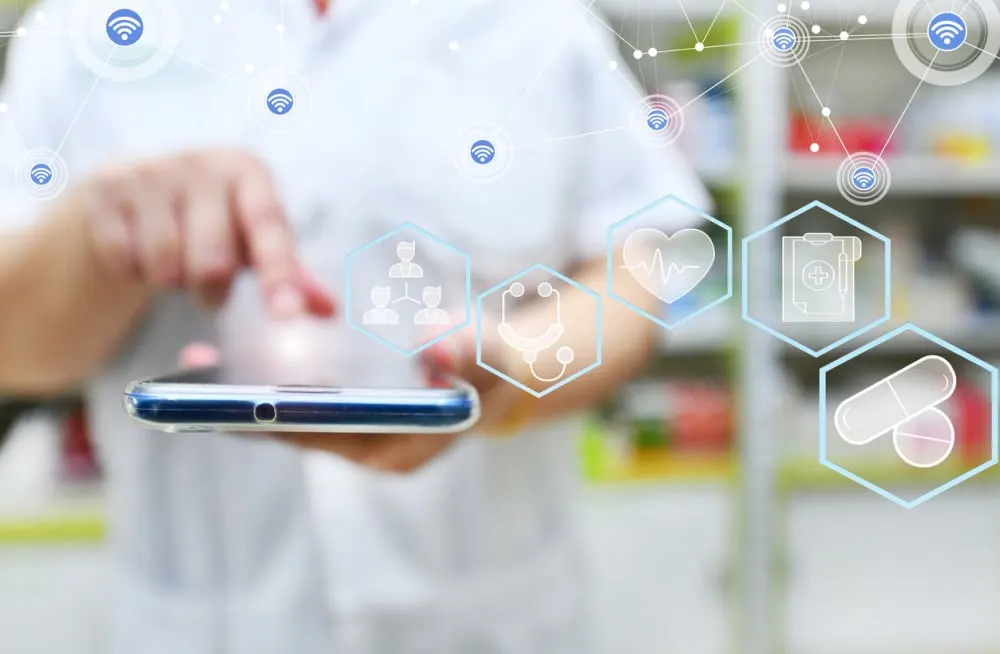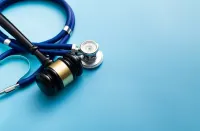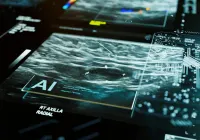In today’s fast-paced healthcare environment, accessibility and connectivity are essential for both providers and patients. Mobile healthcare solutions have transformed interactions with medical information, extending care beyond traditional settings. These platforms allow patients to engage actively in their healthcare while enabling providers to deliver more efficient care.
With remote access to electronic health records (EHRs) and digital tools, care coordination and delivery have improved significantly. By removing barriers of time and location, mobile solutions enhance the overall healthcare experience, promoting greater efficiency and patient involvement in health management.
Defining Mobile Healthcare Solutions
Mobile healthcare solutions encompass a broad range of technologies designed to improve access to care and streamline clinical workflows. These solutions can function within a medical practice or remotely, bridging the gap between providers and patients. For healthcare professionals, mobile EHRs and AI-powered documentation tools allow seamless access to patient data, enabling real-time decision-making and improving efficiency. These tools provide a centralised hub for clinical tasks, ensuring that providers can access and update patient records on the go. Additionally, mobile documentation technologies such as dictation software and ambient listening technology assist in reducing administrative burdens, allowing clinicians to focus more on patient care.
Meanwhile, patients benefit from mobile healthcare solutions that offer greater access to health information, care coordination and medical providers. Platforms such as patient portals enable patients to schedule appointments, message their doctors, manage payments and monitor prescriptions or test results. These portals simplify healthcare interactions and encourage patients to take an active role in their care journey. With information readily available at their fingertips, patients can stay informed and make well-informed decisions about their health. Furthermore, mobile solutions provide seamless communication between patients and healthcare professionals, ensuring that critical updates, reminders and follow-ups are efficiently managed.
Enhancing Care Through Remote Patient Monitoring
Remote patient monitoring (RPM) is a key component of mobile healthcare, allowing providers to track patient health in real time. Using technologically advanced medical devices, clinicians can monitor vital signs and chronic conditions without requiring in-person visits. This ensures the continuity of care and enables healthcare professionals to intervene promptly when necessary.
RPM is particularly beneficial for patients managing chronic conditions, as it facilitates ongoing monitoring and reduces the risk of complications. Instead of relying solely on periodic check-ups, healthcare providers can access real-time data and make timely adjustments to treatment plans. This proactive approach helps minimise unnecessary hospital visits and ensures that patients receive consistent care without disruption. By reducing the need for in-person consultations, RPM not only improves patient convenience but also optimises healthcare resources.
Beyond clinical benefits, remote patient monitoring also enhances patient engagement by allowing individuals to take an active role in their healthcare. Patients can track their own health metrics, receive alerts when intervention is needed and communicate with providers remotely. This continuous connection fosters a sense of reassurance, as patients know their healthcare team is monitoring their condition even when they are not physically present in a clinical setting. RPM ultimately contributes to better health outcomes, improved patient satisfaction and a more efficient healthcare system.
Improving Patient Engagement and Communication
One of the most significant advantages of mobile healthcare solutions is their ability to foster stronger communication between patients and providers. AI-powered documentation tools reduce the burden of manual data entry, allowing clinicians to focus more on patient interactions. The ability to maintain eye contact and actively engage in conversations rather than being preoccupied with administrative tasks strengthens the patient-provider relationship. This improved communication not only builds trust but also enhances the overall healthcare experience for patients.
Mobile EHRs and patient portals provide patients with easy access to their care plans, test results and direct messaging with providers. By having instant access to their health records, patients can ask informed questions and actively participate in their care decisions. Many practices also utilise text reminders for upcoming appointments, payments or referrals, ensuring that patients remain engaged and up to date with their healthcare needs.
Engagement is further enhanced by mobile features such as self-scheduling, automated waitlists and convenient payment options. These functionalities allow patients to manage their appointments and financial transactions with ease, making healthcare interactions more efficient and user-friendly. Many mobile healthcare platforms also include educational resources, enabling patients to learn more about their conditions and treatments at their own pace.
Additionally, mobile solutions help extend care beyond the confines of a single consultation. Patients using remote patient monitoring can maintain regular communication with their providers, ensuring that they stay informed and engaged in their health journey. This not only provides patients with greater autonomy but also reinforces the concept of continuous care, where healthcare is not limited to in-person visits but is an ongoing process supported by digital solutions.
Mobile healthcare solutions are transforming care delivery by increasing accessibility, enhancing communication and promoting patient engagement. Technologies such as real-time monitoring and digital interactions empower both patients and providers for better outcomes. By enabling remote access to medical resources and streamlining administrative tasks, these solutions improve the efficiency and quality of healthcare services.
Mobile solutions will play an increasingly important role in creating a more connected and patient-centred system. The integration of mobile EHRs, patient portals and remote monitoring has shown significant benefits, optimising care delivery. Patients will be more informed and engaged, while providers will experience greater efficiency and improved decision-making. In the long run, mobile healthcare solutions will contribute to a more effective and patient-focused healthcare ecosystem.
Source: HealthIT Answers
Image Credit: iStock










